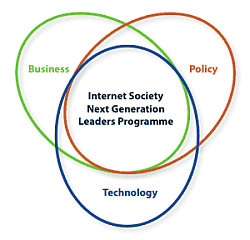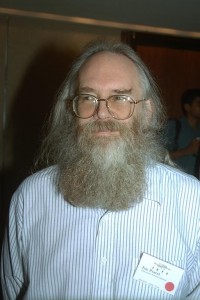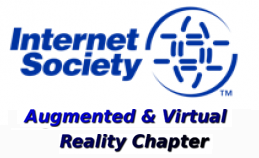 [From Internet Society CEO/President Kathy Brown]
[From Internet Society CEO/President Kathy Brown]
This week, the world’s eyes will turn to Brazil, host of the NETmundial Global Multistakeholder Meeting on the Future of Internet Governance. This meeting is an important opportunity to continue discussions on key Internet governance principles and a roadmap for future action.
We are in the midst of a very busy global policy dialogue on Internet governance and, as the discussion grows, it is more important than ever to be clear about what is meant by the phrase “Internet governance.” This is a discussion that has its origins in the 2003-2005 UN World Summit on the Information Society (WSIS) and that has, in the years since, evolved as dynamically as the Internet itself. This year is a particularly busy one for those of us who are focused on these issues – an inflection point that could shape the future of the Internet and its governance.
As we look forward to NETmundial, it is important that we consider the broader context: Internet governance is not about the role of any one stakeholder group (governments, technical organizations, private enterprise, civil society, etc.) but is rather about how we all work together to tackle the challenges that emerge in the context of the Internet. Whether the issues are related to ensuring the robustness and resiliency of Internet security and privacy, advancing the deployment and development of core Internet infrastructure, or any number of other concrete challenges, we need to come together to address issues in ways that do not undermine the fundamental design principles of the Internet. Too much focus on static definitions of the roles and responsibilities of any one stakeholder group could distract our attention from achieving the overall balance that is needed for any successful governance system.
Continue reading



 The Internet Society is pleased to invite applications for the 2013 Internet Society Ambassadors to the Internet Governance Forum (IGF).
The Internet Society is pleased to invite applications for the 2013 Internet Society Ambassadors to the Internet Governance Forum (IGF). The Internet Society is soliciting nominations of qualified candidates for the 2013 Jonathan B. Postel Service Award by 31 May. This annual award is presented to an individual or organization that has made outstanding contributions in service to the data communications community. The award, which includes a presentation crystal and a USD 20,000 prize, is scheduled to be presented during the 87th Internet Engineering Task Force (IETF) meeting in Berlin, Germany, 28 July – 2 August.
The Internet Society is soliciting nominations of qualified candidates for the 2013 Jonathan B. Postel Service Award by 31 May. This annual award is presented to an individual or organization that has made outstanding contributions in service to the data communications community. The award, which includes a presentation crystal and a USD 20,000 prize, is scheduled to be presented during the 87th Internet Engineering Task Force (IETF) meeting in Berlin, Germany, 28 July – 2 August.




